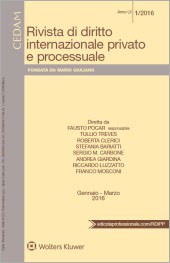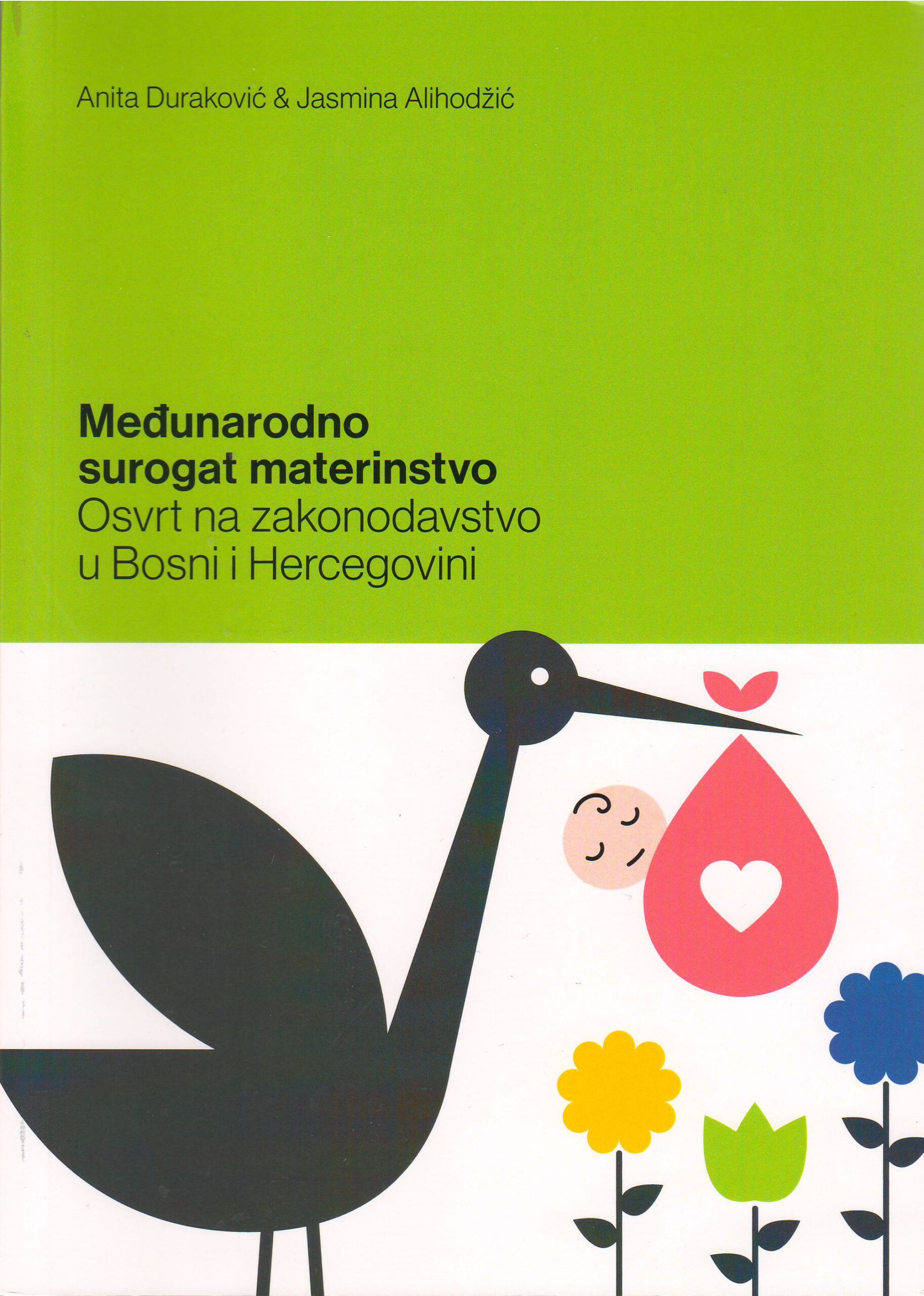The third 2020 issue of RabelsZ has been released this week. It contains the following articles:
Reinhard Zimmermann, Pflichtteil und Noterbenrecht in historisch-vergleichender Perspektive (Compulsory Portion and Forced Heirship in Historical and Comparative Perspective), pp. 465–547
The essay traces the development of mandatory family protection from Roman law through the ius commune to the modern civilian codifications. The Justinianic reform of 542 AD had failed to streamline and simplify the pertinent rules of classical Roman law. It was left, therefore, to the draftsmen of the codifications from the end of the 18th century onwards to tackle that task. Two models were particularly influential; one of them can be found in the Austrian Civil Code of 1811, the other in the French Code civil of 1804. Germany adopted the Austrian model of a „compulsory portion“ (i.e. a personal claim for the value of a part of the estate). Outside of Germany, the French model of „forced heirship“ (part of the testator’s property is reserved to his closest relatives) was extremely influential at first. The essay then looks at reforms in a number of countries of the Germanic and Romanistic legal systems, with some of the Romanistic countries having undergone a change of system. Mandatory family protection by means of a compulsory portion thus appears to gain ascendancy. Apart from that the range of persons entitled to such compulsory portion tends to be drawn more narrowly today than in earlier times. Also, the quotas granted to persons entitled to mandatory family protection have, in many places, been lowered.
Characteristic for a number of legal systems and reform drafts is also an endeavour to render the law concerning mandatory family protection more flexible. The power to deprive a person of his right to a compulsory portion, or to become forced heir, has been extended in some legal systems. Finally, in view of the long-standing tradition in the continental legal systems of fixed quotas it is interesting to see that, time and again, the concept of a needs-based claim for maintenance has been considered, or even implemented, particularly for the surviving spouse.
Frederick Rieländer, Schadensersatz wegen Klage vor einem aufgrund Gerichtsstandsvereinbarung unzuständigen Gericht (Damages for Breach of an Exclusive Jurisdiction Agreement), p.. 548-592
Whilst the prima facie remedy for breach of an exclusive jurisdiction clause at common law had always been a stay of proceedings or an anti-suit injunction, English courts started to embrace the remedy of damages for breach of a choice-of-court agreement by the turn of the millennium. This trend is gradually spilling over to civil law jurisdictions as a recent decision by the German Federal Court of Justice indicates. Although this judgment may be welcomed in policy terms, many issues remain unresolved. At the heart of the debate lies the question whether damages for breach of a choice-of-court clause are available in the intra-European context. If the non-chosen court gives effect to the jurisdiction clause by dismissing the proceedings, there is no reason to preclude an action for damages brought in another Member
State per se. An award of damages over and above any costs order awarded by the non-chosen court would not undermine the fundamental policy goals underlying the Brussels regime. While some commentators argue that damages should be available even if the non-chosen court decides to hear the case on the merits, this amounts to an inadmissible jurisdictional review and is likely to infringe the effet utile of cross-border recognition of judgments within the EU. Moreover, since Gothaer Allgemeine may be extended so as to apply to a decision by the non-chosen court on the merits in respect of the incidental question of the invalidity of the choice-of-court agreement, this decision could acquire the binding force of res judicata in all other Member States. Hence, the defendant in the court first seised will be precluded from establishing a breach of contract.
Jan Frohloff, Das anwendbare Recht auf Kollisionen im Weltraum (The Law Applicable to Collisions in Space), pp. 593-614
Dropping costs in both the manufacturing and launch of spacecraft have increased the orbital traffic around Earth. An ever-increasing number of spacecraft in orbit brings a rise in the likelihood of collisions between them. Assessing the claims arising from such collisions necessitates the determination of the applicable law. The determining factors should take into account the particularities of space and planetary orbits, in and on which spacecraft move differently and with considerably higher speeds than vessels on water and in the air.
In geostationary orbit, satellites sit in fixed orbital slots, which are limited in number and allotted to states by the International Telecommunications Union. Thus, a collision in this orbit is likely the result of a (defective) satellite drifting out of its orbital slot along the orbital arch into another slot. The law applicable to this collision should be the law of the state to which the orbital position in which the collision occurred is allotted. Although not a lex loci damni proper, applying the law of the state to which the orbital slot is allotted is the closest to the law of the state where the damage occurred in a space that is not subject to national appropriation.
In low Earth orbit and medium Earth orbit, satellites move relative to Earth. Here, the factors for designating the applicable law should be whether one of the satellites had a propulsion system and which satellite was in orbit first so as to incentiviseoperators to act against the most pressing problem in low and medium Earth orbit: the danger of defunct satellites and debris. As a result, where one of the satellites in the collision has a propulsion system and the other does not, the applicable law should be the law of the state to which the satellite with the propulsion system is registered (regardless of who was in orbit first). Where both satellites have a propulsion system or neither does, it should be the law of the state where the satellite in orbit first is registered.
These factors for the law applicable to collisions in space are easy to determine in practice and would enhance the foreseeability of court decisions, while at the same time ensuring a reasonable balance between the interests of the spacecraft operators involved.
Dorota Miler, Evasion of the Law Resulting from a Choice of Law under the Succession Regulation, pp. 615–636
Excerpt taken from the introduction]:
[This paper] will consider whether a German court can identify a case of evasion of the law as resulting from a choice of law made under the Regulation, based on different jurisdictions’ varying regulation of the circumstances that allow for a disqualification from forced heirship. Could the exercise of the right to choose the applicable law (Art. 22 of the Regulation) be challenged under certain circumstances as an evasion of the law under private international law? Particularly, where the aim of the testator’s choice was to deprive his descendants of a compulsory portion based on facts (disqualification by conduct) that would not support such an action under German law, could a German court conclude that the result would be inappropriate from the perspective of German law?
In considering these questions, [the paper] will first give some brief examples of factual circumstances that would, in jurisdictions outside Germany, allow a testator to deprive his family member of a forced heirship, these being circumstances that vary significantly from those provided under German law. Secondly, [it] will identify the conditions for finding an evasion of law under European and German private international law and, in turn, consider those instances where a choice of law under Art. 22 of the Regulation might serve to fulfil these conditions. In conclusion, [the paper] will reflect on the likelihood of a German court making a finding of evasion of law under private international law.
Konrad Duden, Richterwahl und parteipolitische Einflussnahme. Vergleichende Anregungen zum Schutz der Unabhängigkeit des Bundesverfassungsgerichts und der obersten Bundesgerichte (The Selection of Judges and Partisan Justice – Comparative Inspiration for the Protection of the Independence of Germany’s Federal Courts), pp. 637-665
In many countries, politicians are attempting to influence the selection of supreme court judges and to achieve a court composition favourable to their party’s positions. This paper highlights that it would be possible to achieve changes in the composition of Germany’s federal courts similar to those that have recently taken place in Poland and the USA. This observation poses a question: How can the courts be protected from partisan influence? One possibility would be a protection againstchanging the courts’ constitution by including core features of the courts’ institutional design into the German Constitution. Such an approach is not without flaws, however. Accordingly, this paper suggests to at least compliment such steps with measures to protect the courts when changing the courts’ constitution. The proposed measures do not seek to protect certain specific features of the institutional design; rather, they look to ensure that changes to that design are based on a consensus between the ruling government and the opposition. Such a consensus would support the presumption that undertaken changes do not aim at advancing the partisan influence of one political party.


 The second issue of 2020 of the
The second issue of 2020 of the 